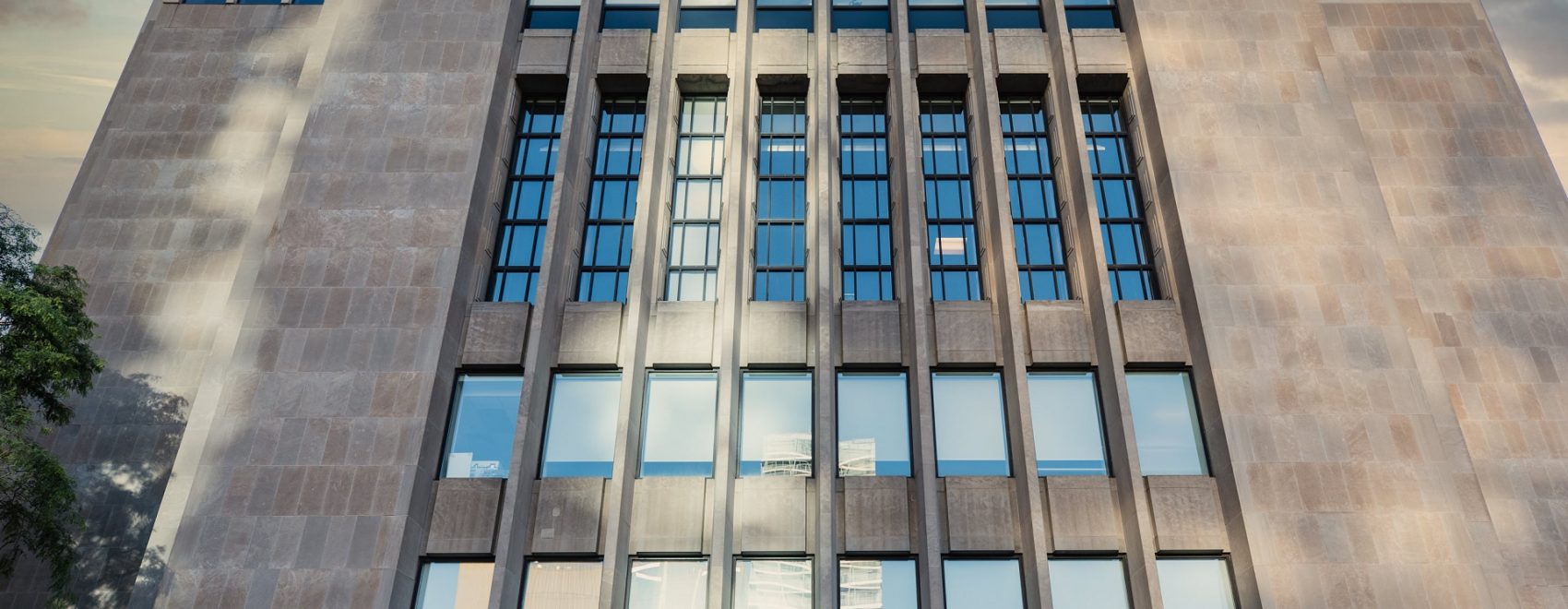No, a victim cannot have the charges dropped because the victim does not lay the charges, and also because the victim does not prosecute the charges. Police make the decision to lay charges or not. The Crown Attorney decides whether to proceed with the prosecution or not. However, the victim plays a crucial role in each of these decisions.
How does a person get charged?
In most cases, police lay charges after getting a complaint or completing an investigation. They must have reasonable grounds to support the charges. That is to say, there needs to be some evidence a crime was committed.
Naturally, a statement by a victim will, in most cases, provide the police with sufficient reasonable grounds to make an arrest and lay charges. Moreover, the statement by the victim does not need to be perfect for it to lead to charges. For example, a victim could refuse to provide an audio or video recorded statement. Or, in some cases, the victim could refuse to sign a written statement. Either way, the police can lay charges. This is so because the decision to lay charges or not is at the discretion of the police.
Once a police officer charges the accused; the matter proceeds to court. At this point, the Crown Attorney takes over the prosecution of the case.
How do charges get dropped?
The Crown Attorney can drop the charges in one of two ways: they can withdraw the charges; or they can stay the charges. Generally, the Crown Attorney will drop the charges when there is no reasonable prospect of conviction, or if it is no longer in the interest of the public to pursue the prosecution.
The victim is a witness for the prosecution. In many cases, the victim is a crucial witness for the prosecution. However, a witness cannot have the charges dropped. In some cases, the willingness of a witness to participate in the prosecution may play a role in the Crown Attorney’s decision to prosecute the case. But it may not. Many factors will be considered in making the decision to drop the charges or not, such as: the nature of the charges; the relationship between the accused and the victim; and, whether there is any other reliable evidence.
Having the charges dropped will end a criminal case. That means no future court dates; no criminal record; and, no trial. Whether it is the police exercising their discretion not to lay charges; or the prosecutor determining that there are no reasonable prospects for conviction, an experienced criminal lawyer can help. Learn more about Mr. Sarikaya at defence-counsel.ca and let him assist you with your case.
